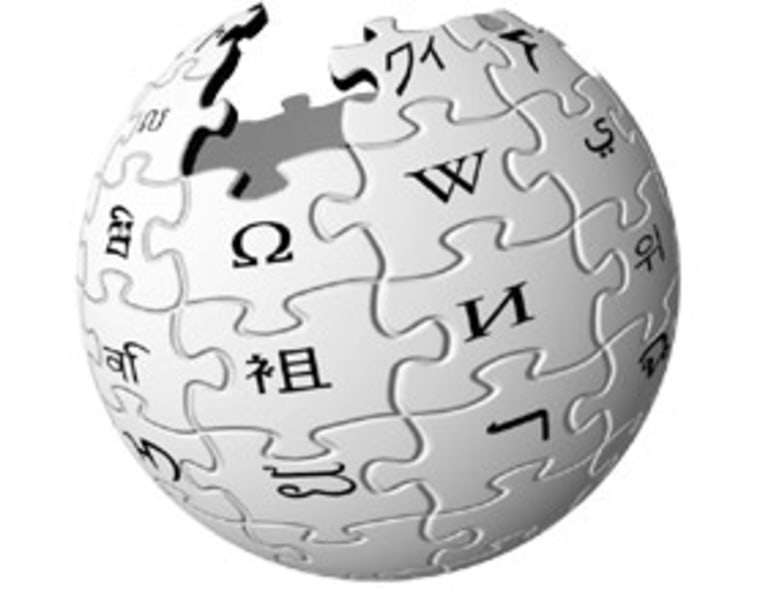It takes a village of contributors — adding paragraphs here, inserting references there — to craft a quality Wikipedia article, according to a new study that identifies the types of contributors who initiate and dominate the process to separate the Wikipedia wheat from chaff.
"What we found was that there are many different people playing many different roles, and they don't always play the same role in every article," said Sudha Ram, management information systems professor at the University of Arizona, who conducted the analysis with graduate student Jun Liu.
Ram and Liu first identified six types of contributor roles for individual articles, along with casual contributors who made four or fewer edits to entries.
They then analyzed the types of contributors involved and their levels of engagement in a set of high-, medium- and low-quality Wikipedia articles.
Entries largely built by "all-round editors," who are active in all angles of writing, editing and linking, garnered the most top-quality ratings. Those composed by "sentence starters" and casual contributors, which generally lack source references, fell toward the opposite end of the spectrum.
Ram largely attributes this division to all-round editors' self-policing habits of not only spotting other contributors' errors, but also their own.
"Cleaning up other people's mistakes is obviously important as well, but self-policing seems to be really important because when you write something, you want to go in and justify it yourself," Ram said.
While certain collaborative patterns predict different levels of quality, the findings don't undermine the importance of copy editors, fact-checkers and other contributor roles in the Wikipedia universe.
"Even if we limit ourselves to this study, one shouldn't conclude that casual users are of no worth, only that high-quality articles tend to be correlated with all-round (editors)," said Joseph Reagle, an adjunct professor at New York University who has written a forthcoming book on Wikipedia. "An implication then for improving the quality of Wikipedia is to help more contributors become well-rounded contributors."
To that end, the University of Arizona study suggests developing wiki software that would guide contributors through article-specific roles, such as writing or copy editing, and prompt them to justify claims with links and references instead of relying as heavily on peer review.
After all, while collaboration is king in the wiki world, it doesn't always guarantee quality results.
"In previous work we've found that having more contributors is associated with higher quality articles only when they coordinate well with each other," said Niki Kittur, a Carnegie Melon University assistant professor who has studied Wikipedia collaboration. "When they don't, adding more contributors doesn't help and can even hurt."
